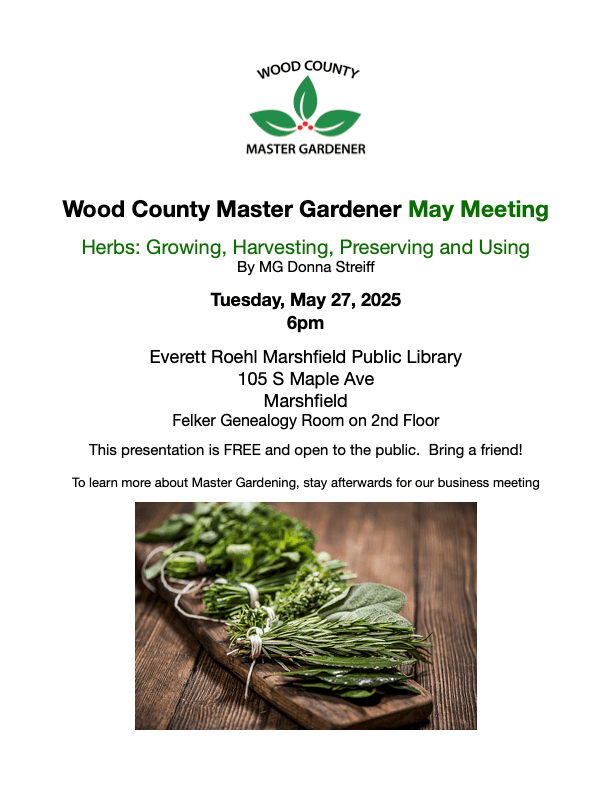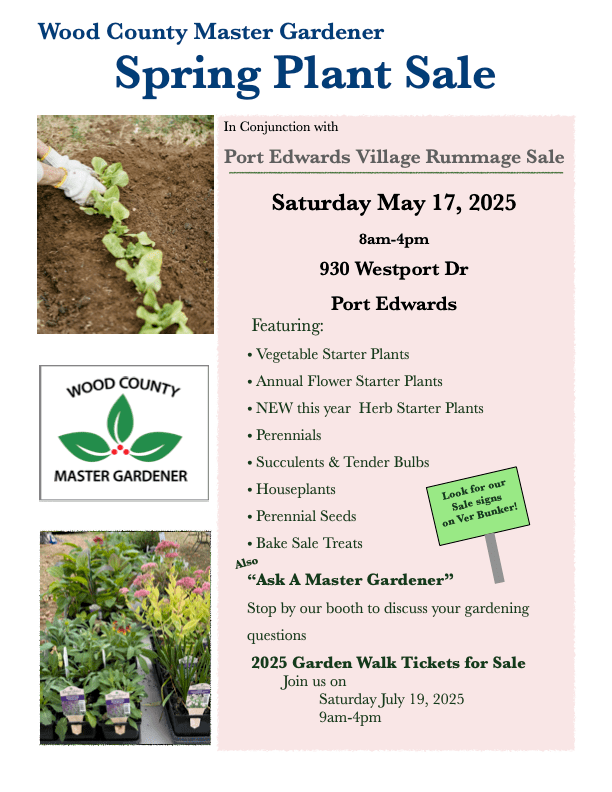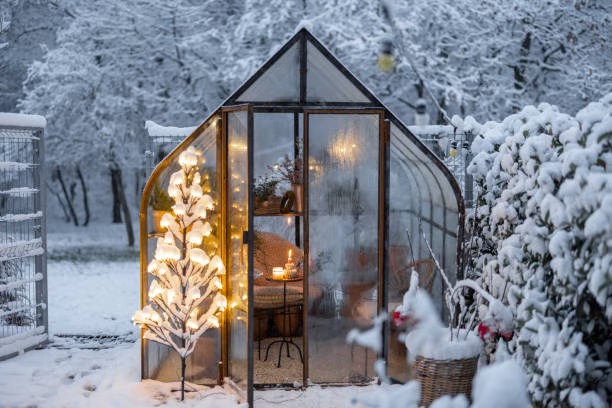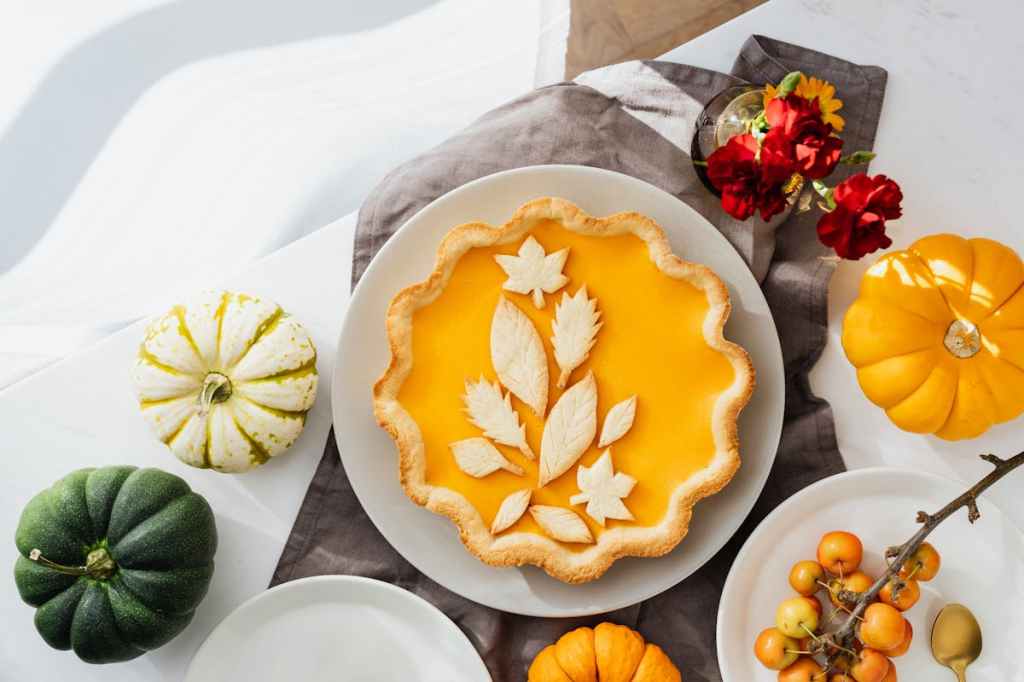
Search
-
- February 2026 (2)
- December 2025 (1)
- November 2025 (1)
- October 2025 (1)
- September 2025 (1)
- July 2025 (3)
- June 2025 (1)
- May 2025 (3)
- April 2025 (2)
- March 2025 (2)
- January 2025 (1)
- December 2024 (1)
- November 2024 (1)
- October 2024 (1)
- September 2024 (1)
- August 2024 (3)
- July 2024 (2)
- June 2024 (2)
- May 2024 (1)
- April 2024 (1)
- March 2024 (2)
- January 2024 (1)
- November 2023 (2)
- October 2023 (1)
- August 2023 (4)
- July 2023 (1)
- June 2023 (2)
- May 2023 (1)
- April 2023 (1)
- March 2023 (1)
- January 2023 (1)
- December 2022 (1)
- November 2022 (1)
- October 2022 (1)
- September 2022 (1)
- August 2022 (3)
- July 2022 (1)
- June 2022 (1)
- May 2022 (1)
- April 2022 (1)
- March 2022 (2)
- February 2022 (1)
- January 2022 (3)
- August 2021 (1)
- July 2021 (1)
- June 2021 (1)
- April 2021 (1)
- January 2021 (1)
- November 2020 (1)
- September 2020 (1)
- August 2020 (1)
- July 2020 (1)
- June 2020 (1)
- May 2020 (2)
- April 2020 (1)
- March 2020 (4)
- February 2020 (2)
- January 2020 (1)
- December 2019 (1)
- November 2019 (3)
- October 2019 (1)
- September 2019 (3)
- August 2019 (4)
- July 2019 (1)
- June 2019 (1)
- May 2019 (1)
- April 2019 (3)
- March 2019 (1)
- February 2019 (2)
- December 2018 (3)
- November 2018 (1)
- October 2018 (2)
- September 2018 (1)
- August 2018 (1)
- July 2018 (1)
- June 2018 (2)
- May 2018 (3)
- April 2018 (3)
- March 2018 (1)
- February 2018 (2)
- January 2018 (1)
- December 2017 (1)
- November 2017 (1)
- October 2017 (1)
- September 2017 (1)
- August 2017 (3)
- July 2017 (2)
- June 2017 (4)
- May 2017 (1)
- April 2017 (1)
- March 2017 (2)
- February 2017 (1)
- December 2016 (1)
- November 2016 (1)
- October 2016 (1)
- September 2016 (1)
- August 2016 (3)
- July 2016 (1)
- June 2016 (1)
- May 2016 (2)
- April 2016 (1)
- March 2016 (2)
- February 2016 (3)
- January 2016 (1)
- December 2015 (1)
- November 2015 (1)
- October 2015 (1)
- September 2015 (1)
- August 2015 (1)
- July 2015 (3)
- June 2015 (1)
- May 2015 (1)
- April 2015 (1)
- March 2015 (2)
- February 2015 (1)
- December 2014 (2)
- November 2014 (1)
- June 2014 (1)
Ask a Master Gardener become a master gardener Certified Master Gardener Children's activities composting dried autumn bouquets educational seminars england FREE! fruits garden tour garden walk garden walk tickets herbs invasive species landscape design Late Blight Level 1 Training marsh Marshfield master Gardener master gardener class MG Training Class; Plant diseases native plants perennials Plant Diseases plant sale plant slae Potato disease projects scholarship seed starting tickets Tomato disease Town of Rome tree care Vesper Wales water gardens Wisconsin Rapids Wood County- Announcements (42)
- Children's education (2)
- Educational (28)
- Events (41)
- fundraiser (24)
- Newsletters (116)
- Training Class (1)
- Uncategorized (19)
Categories
Tags
Ask a Master Gardener become a master gardener Certified Master Gardener Children's activities composting dried autumn bouquets educational seminars england FREE! fruits garden tour garden walk garden walk tickets herbs invasive species landscape design Late Blight Level 1 Training marsh Marshfield master Gardener master gardener class MG Training Class; Plant diseases native plants perennials Plant Diseases plant sale plant slae Potato disease projects scholarship seed starting tickets Tomato disease Town of Rome tree care Vesper Wales water gardens Wisconsin Rapids Wood County- Join 48 other subscribers
Facebook Page
meta





















